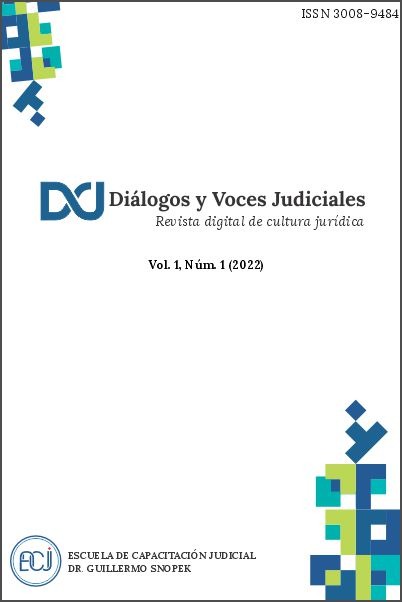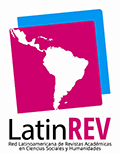La Cuarta Revolución Industrial y las incumbencias profesionales de los operadores jurídicos
Keywords:
Ingeniería genética, Autonomía personal, Derecho a la privacidad, Justicia digital, Inteligencia ArtificialAbstract
The Fourth Industrial Revolution is transforming the legal field, creating new challenges for legal operators. This article examines how advances like artificial intelligence and genetic engineering generate uncertainties regarding personal autonomy, privacy, and fundamental rights. The digitalization of the judicial process promises efficiencies but also poses risks of depersonalization and bias in decision-making. Legal operators face the need to adapt to this environment, reflecting on the ethics of implementing technologies in justice. Additionally, the article discusses the limits of genetic engineering and its regulation, questioning how these developments affect identity and human rights. The article advocates for training that prepares legal professionals to tackle these complex issues, highlighting their role as guardians of ethical principles in a changing world. Thus, it invites legal operators to consider their function in defending justice and rights in the digital age.
Downloads
Published
Issue
Section
License
Copyright (c) 2024 Federico Carlos Wayar (Autor/a)

This work is licensed under a Creative Commons Attribution-NonCommercial 4.0 International License.
Esta licencia permite a los usuarios distribuir, reorganizar, adaptar y elaborar a partir del material en cualquier medio o formato únicamente para fines no comerciales, y siempre que se dé crédito al creador (CC BY-NC). Para más información, se sugiere visitar este enlace: Creative Commons Licenses.


